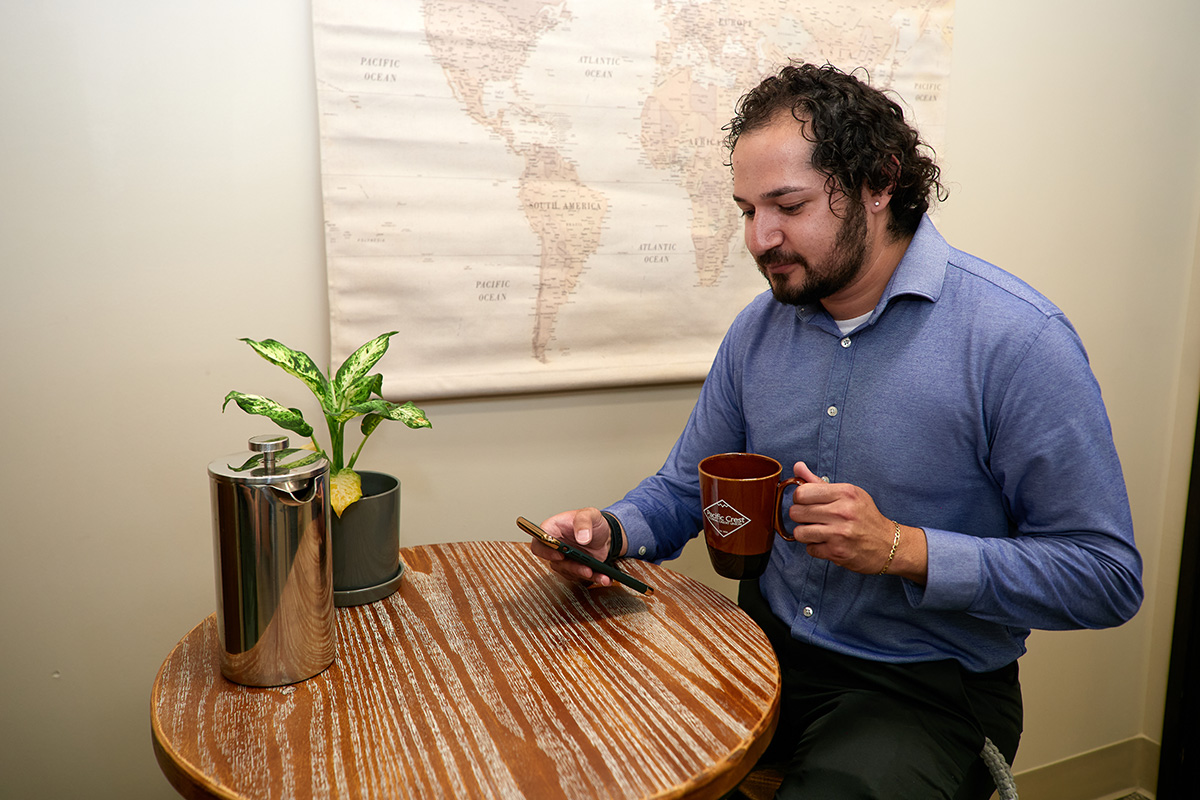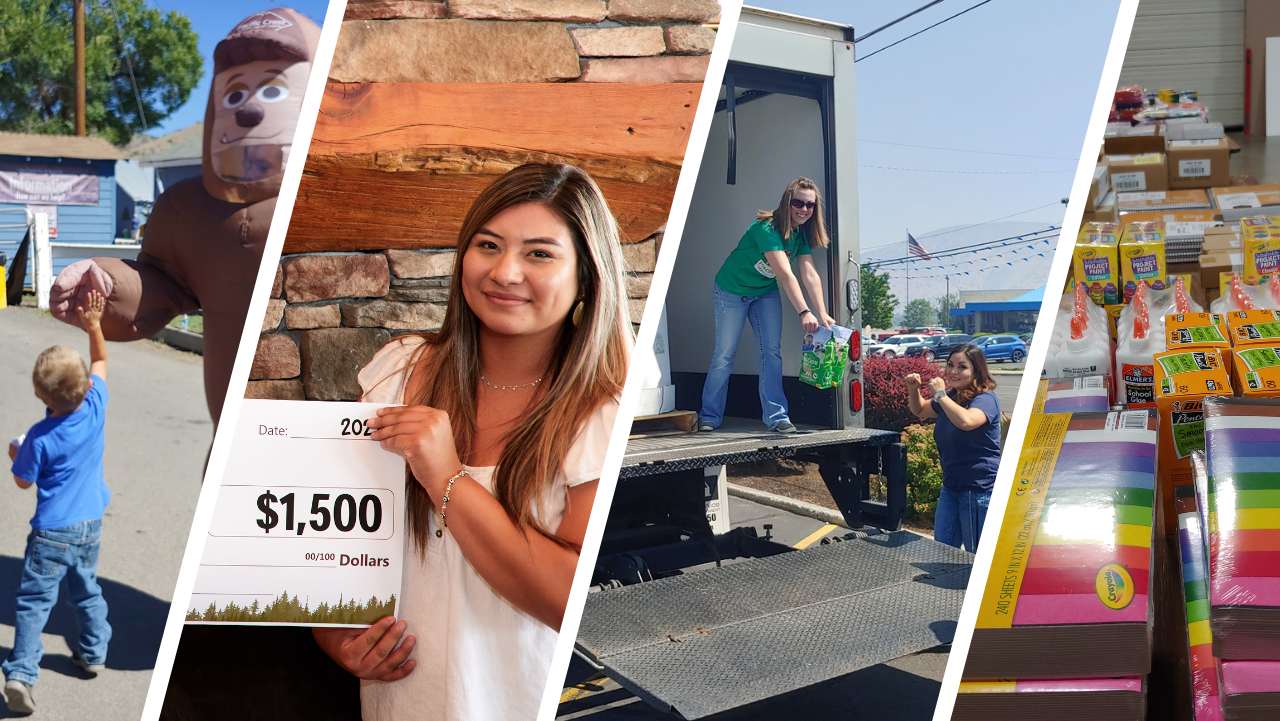Preventing Fraud

If it sounds too good to be true…
Pacific Crest will never ask for sensitive info like your PIN, or your full card number. Here are some tips to stay safe.
Continually monitor your account
Sign into Online or Mobile banking routinely to check your accounts for any unauthorized transactions.
Don’t get phished
Never follow a login link from your email. If you want to log in, open a new tab and load the site yourself.
Shred your docs
Prevent identity theft. Papers that contain sensitive information should be shredded, not tossed.
Stay up to date on the latest scams with the FTC.
Fraud FAQs
Phishing is a type of fraud where a scammer tries to trick you into giving away sensitive information. It can happen by phone or email.
For example, let’s say someone calls you up, tells you they’re from Pacific Crest, and says they need you to verify your credit card number. Maybe they explain it as some routine procedure; maybe they scare you by making it sound like an emergency. Don’t fall for it. If you cooperate with their request, you’re giving away the keys to your account. (Pacific Crest will never ask you for sensitive info like credit card or PIN numbers.)
If it’s an email scam, you might receive a message with a Pacific Crest logo on it, some kind of note urging you to sign in, and a big login button. To be on the safe side, never click a login button from your email. If you do, you could trigger a download that infects your computer with a virus. Or, if it’s a phishing attempt, you’ll end up on a login screen that looks like Pacific Crest, but is actually run by a fraudster. If you enter your username and password, you’re giving them access to your account.
Staying safe from phishing attempts is easy once you know what to look for. Rule number one, never click a login button from your email. If you want to log into online banking, open a new tab in your browser and load our website yourself. Rule number two, never tell anyone your sensitive account information. There’s no scenario in which we’ll ever ask you for it — so be suspicious of anyone who does.
We will notify you if we detect suspicious activity on your account, like a sudden increase in transactions, or transactions suddenly taking place in another city. But the effort we put in is only half the battle. It’s up to you to monitor your account for unauthorized activity and notify us if you see anything you don’t recognize.
Pacific Crest will never ask you for sensitive account info. We already have all of that information; there’s nothing we need you to tell us. True, we may ask you to verify information like your zip code or street number so we can be sure we’re really talking to you. But we will never ask for your PIN number, your credit card number, your debit card number, or anything like that. If you’re not sure, get the person’s name, hang up, call our office yourself, and ask to speak to them. If you can reach them through the number on our website, they’re part of our team.
Wireless free Internet (WiFi), like what you find at coffee shops, the public library, and other public places, takes place over a public network. Even if you need a password to access the Internet, you’re still sharing that connection with others. And it’s very easy for someone with even basic hacking skills to spy on the data flowing to or from your computer in that setting. If you submit anything sensitive, like your login info, on such a connection, a hacker could steal it.
Bottom line, there’s a difference between a secure website and a secure connection. At Pacific Crest, we take the security of our web services very seriously. However, we can’t guarantee the security of the connection you use to access those. Please play it safe: never log into Pacific Crest online banking from public WiFi.
We’re people helping people.
Together we’re a credit union.
Pacific Crest is a not-for-profit financial co-op owned by over 24,000 regular people in the Klamath Basin and surrounding rural communities. We don’t have to worry about pleasing stockholders so we’re able to focus our efforts on our communities — by reaching out, giving back, and paying it forward. Learn more about our Community Impact.
